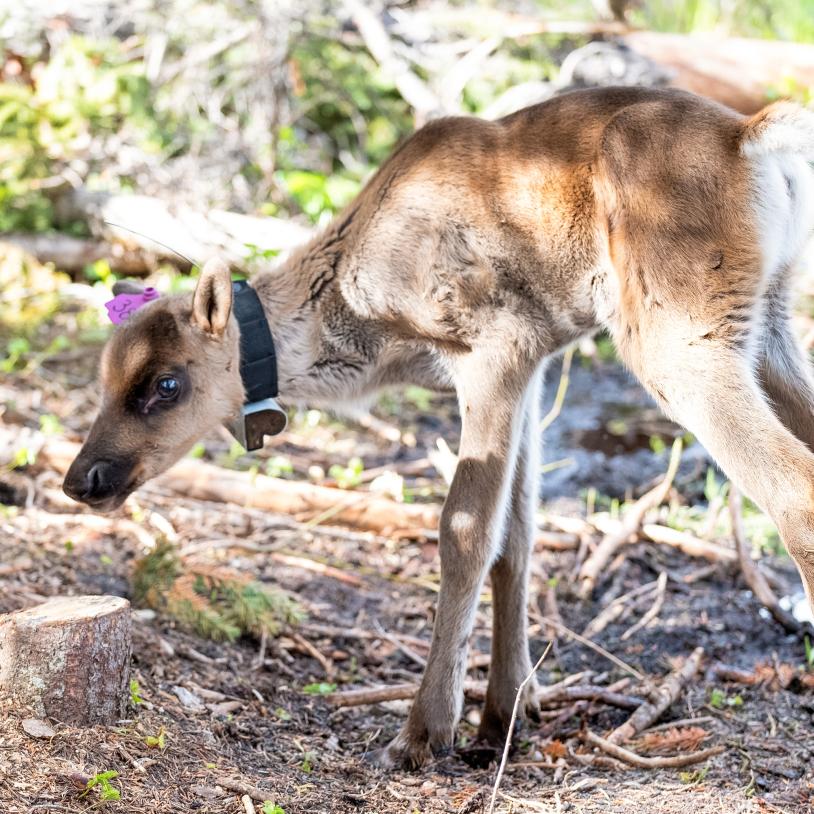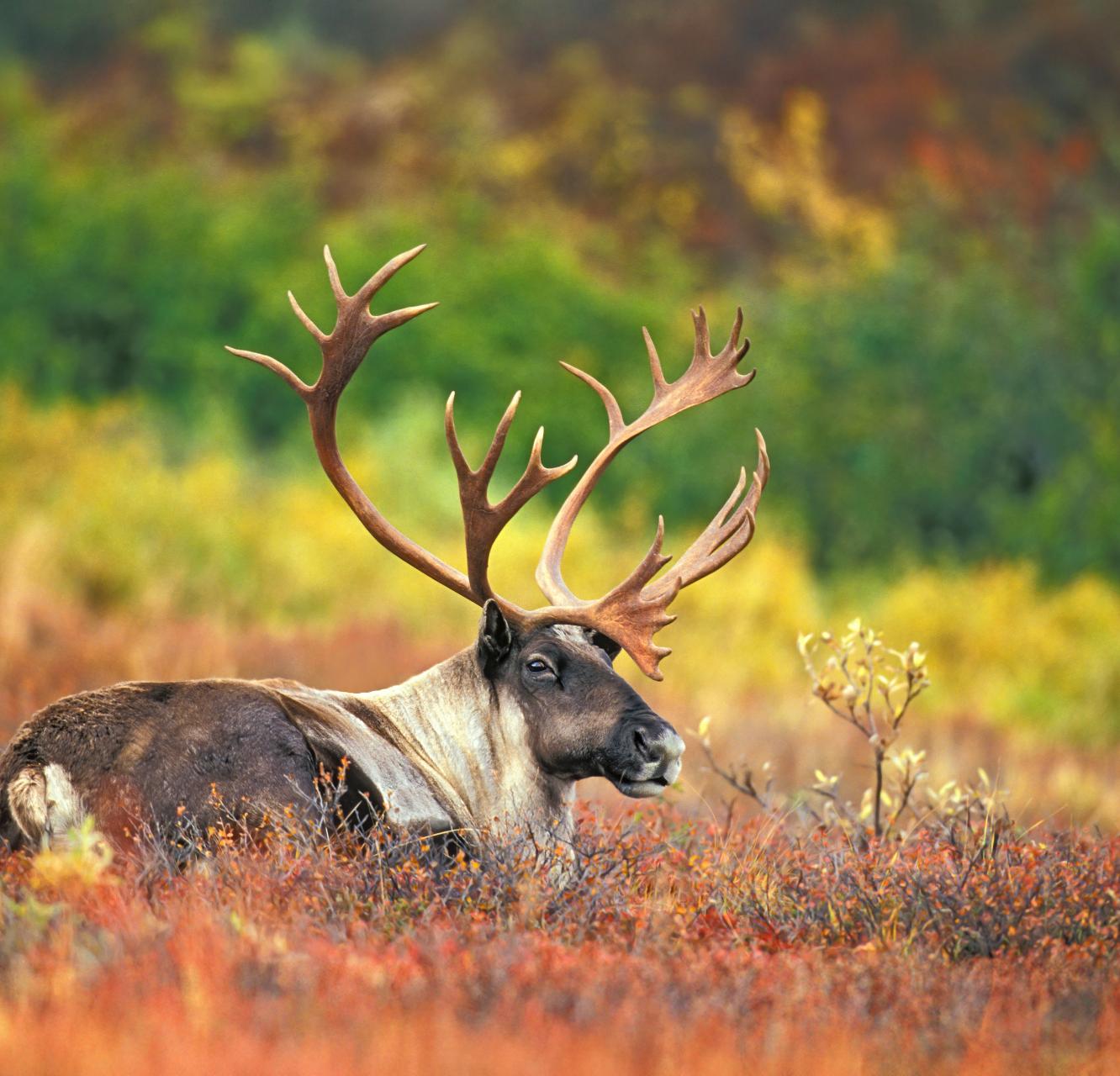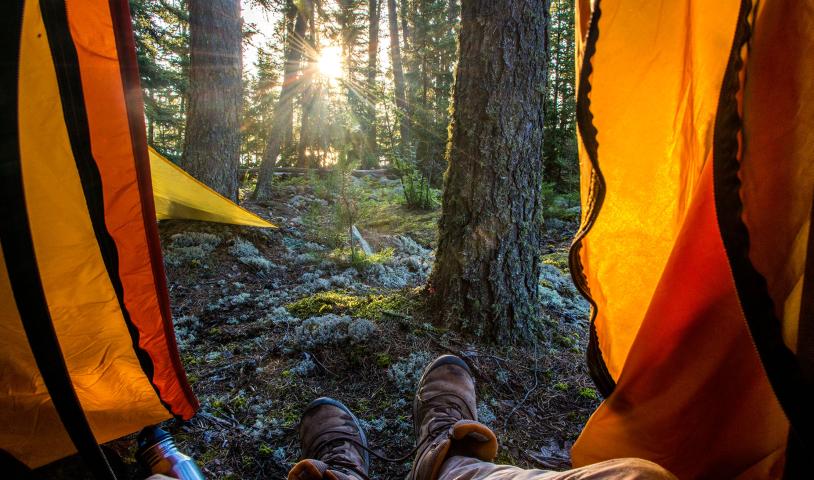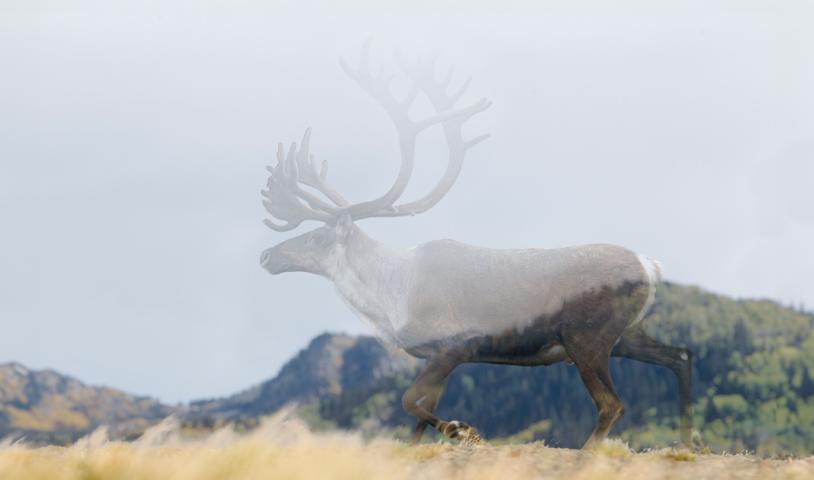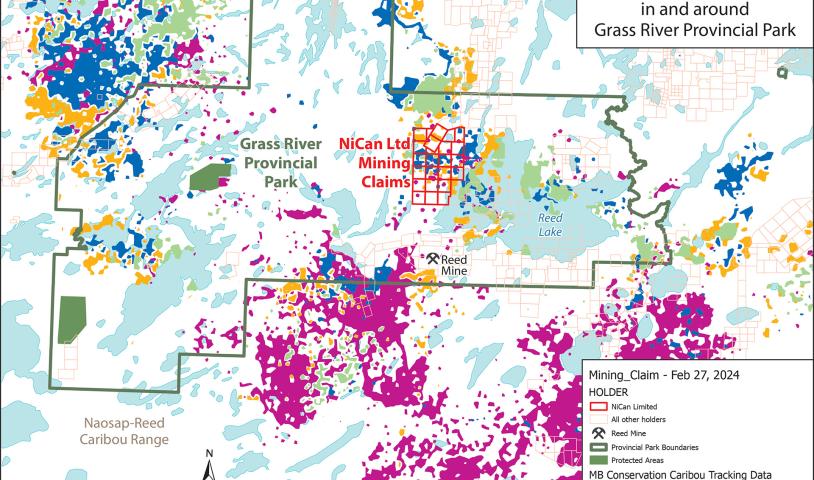Joint Statement: Canadian government's first long‑awaited critical habitat progress report shows caribou habitat unprotected
Tuesday, May 1, 2018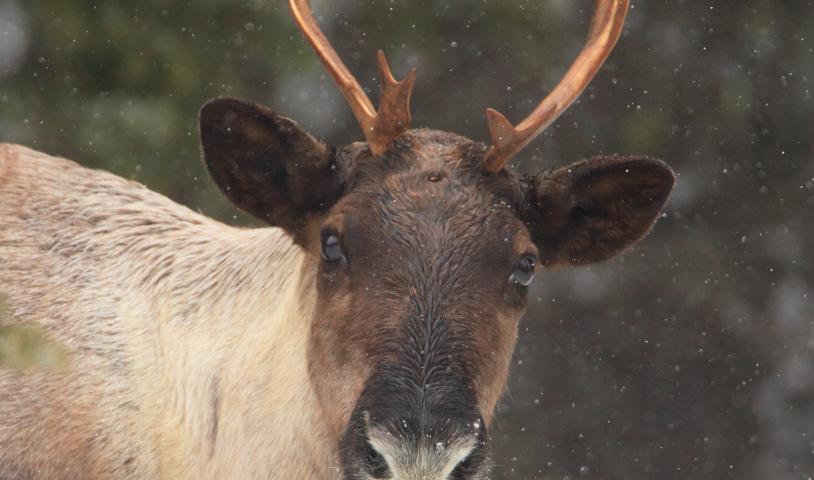
Yesterday, the Minister of Environment and Climate Change Canada released the first ever section 63 report under the Species at Risk Act, (SARA), where the Minister found that outside of protected areas, provinces and territories have failed to protect almost all of boreal caribou critical habitat.
Seven environmental groups from across North America welcome the report’s release and are concerned by its findings.
This marks the first time the federal government has released one of these reports updating the public on at-risk species protection as required by law. The public has a right to know whether provincial and territorial laws are protecting critical habitat for boreal caribou. This is an important step toward increasing transparency.
As concerned citizens, scientists and people on the ground expected, the results are troubling.
The environmental groups remain concerned that even after the October 2017 deadline, provinces and territories continue to abdicate their responsibilities to threatened caribou. For example, in the past six months:
- the Government of Ontario extended the forestry industry’s exemption to the province’s Endangered Species Act, allowing significant leeway to degrade caribou habitat and stymying recovery efforts.
- the Government of Quebec announced that it was too costly to recover caribou in the Val D’Or range and abandoned the herd after allowing decades of industrial development degrading boreal caribou critical habitat;
- the Government of Alberta announced that it was suspending efforts to protect areas identified as viable in an earlier mediation process; and
This must change. The groups call on all responsible provinces and territories to stop expansion of the industrial footprint in boreal caribou ranges that have exceeded 35 per cent disturbance, and take immediate steps to protect critical habitat. We expect provinces and territories to do this in partnership with Indigenous Peoples, fully respecting their knowledge and rights including the right to free, prior and informed consent (FPIC).
There is hope in Canada, and it is coming from the leadership of First Nations and other communities. For example, Fort Nelson First Nation completed a Boreal Caribou Recovery Plan for their territory called the Medzih Action Plan. Doig River First Nation identified priority areas for caribou habitat restoration based on Indigenous knowledge and science. The Cree First Nation of Waswasnipi have been waiting for years to resume negotiations with the Quebec government on their proposal to protect the Mishigamish, which includes critical boreal caribou habitat. We are also heartened by voluntary recommendations for creating a sustainable economy recently reconfirmed by leaders in northeastern Ontario on the Abitibi River Forest that overlaps with boreal caribou in the Kesagami Range. There are all examples of good work being done across the country. Provincial governments need to support and build upon them.
The groups call on the federal Minister of Environment and Climate Change to fulfill her duties under SARA by, for example, continuing to issue timely section 63 reports for boreal caribou and begin issuing them for other species, and also by issuing safety net orders for critical habitat that remains unprotected.
Signed: ∙ Alberta Wilderness Association ∙ David Suzuki Foundation ∙ Greenpeace Canada ∙ Natural Resources Defense Council ∙ Ontario Nature ∙ Wilderness Committee ∙ Wildlands League
For more information contact:
Plotkin, Ontario Science Projects Manager
The David Suzuki Foundation
416-348-9885, x 1582
Moucarry, Communications Officer
Greenpeace Canada
438-993-6127
Anna Baggio, Director, Conservation Planning
Wildlands League
416-453-3285
Carolyn Campbell, Conservation Specialist
Alberta Wilderness Association
403-283-2025
Anthony Swift, Canada Project Director
Natural Resources Defense Council
202-513-6276
Charlotte Dawe, Conservation and Policy Campaigner
Wilderness Committee
778-903-3992
Eric Reder, Wilderness and Water Campaigner
Wilderness Committee
204-997-8584
